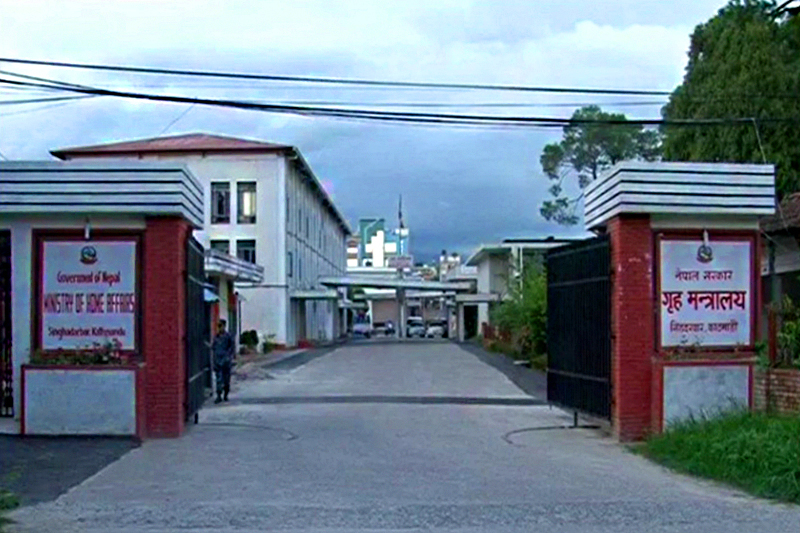Govt expands scope of essential goods and services
Kathmandu, June 25
The government has expanded the areas of ban on strike or bandh in production, supply, sale and distribution of essential goods and services amid the adverse situation created by the COVID-19 pandemic.
According to a notice published by the Ministry of Home Affairs in the Nepal Gazette on Monday, the ban was imposed in exercise of the powers conferred by Section 3 (1) of the Essential Services Operation Act, 1957, to make necessary arrangements for smooth supply of essential goods and services in a systematic manner.
Each order for restriction on strike in essential services is effective for six months until it is renewed.
As per the notice, the government has increased the areas of essential goods and services to 22 from the existing 18 where strike or bandh is prohibited. The newly added areas of essential goods and services are related to weather forecast, flood forecast and early warning information system; surgical mask and hand sanitiser production and veterinary service.
The essential goods and services where strike or bandh is prohibited include postal, telegram or telephone services, transportation services (road, water and air) and airport runway and aeroplane repairs and maintenance services.
The government has also banned strike in the mint or government press, any service of defence affairs of the government related to the function of arms, ammunition or production of any military goods and services concerning internal security, communications and services pertaining to internal security.
The other service areas include water supply and distribution, tourism sector (motel, hotel, restaurant, resort), supply of petroleum products, including Liquefied Petroleum Gas, health services in hospitals and health centres, ambulance, production and sale/distribution of medicines, waste management (collection, transportation, disposal and recycling), banking, insurance, electricity supply, insurance and transportation, storage and distribution of consumer goods including rice, lentils, edible oil and salt.
If any person stages a strike or encourages others to do so in essential public services, the local administration will initiate legal action against him/her under the Essential Services Operation Act, 1957, which stipulates a provision of an imprisonment not exceeding one year or Rs 1,000 fine or both for the guilty.
A version of this article appears in e-paper on June 26, 2020, of The Himalayan Times.






